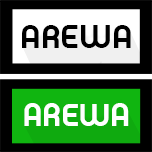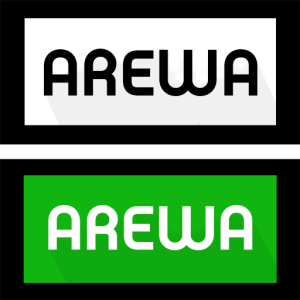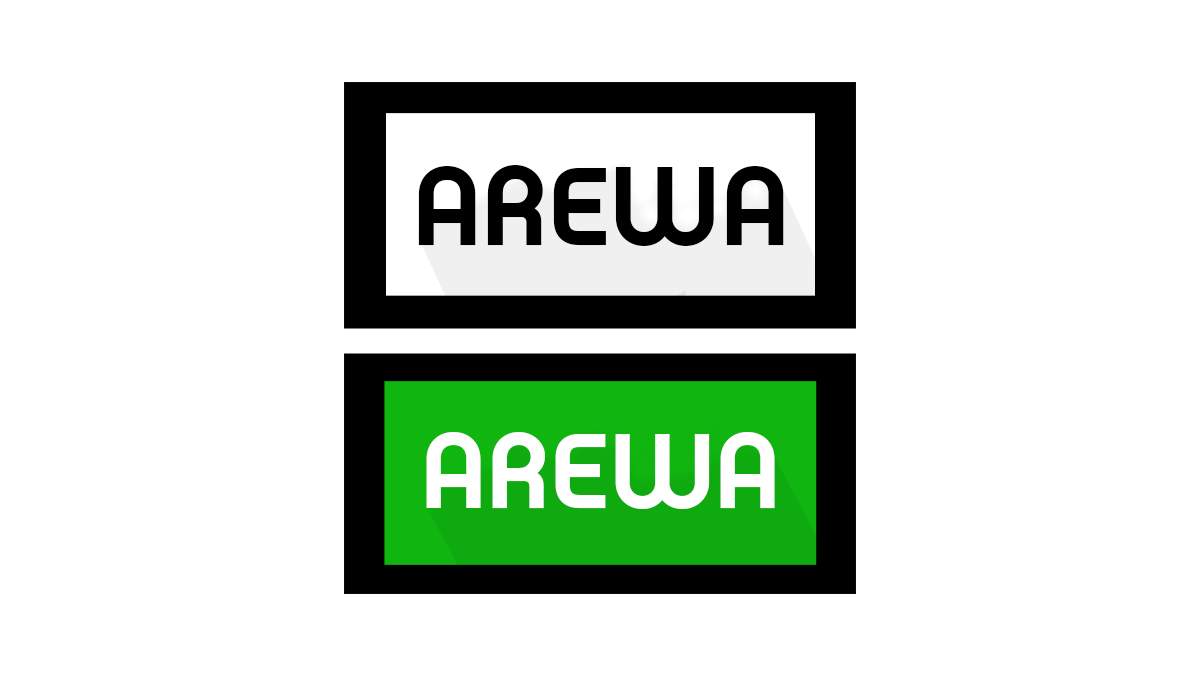Investors have been urged to deepen their investments in gas in order to attract maximum benefits to Nigeria’s economy.
Speaking on, “Deregulation and Sustainable Natural Energy Future Through Natural Gas”, at a webinar organised by the National Association of Energy Correspondents, NAEC, weekend, managing director, Rain Oil Limited, Dr. Gabriel Ogbechie, said the government’s policy on alternative energy and the global drive for energy transition which requires $6 billion present opportunities for investment.
Specifically, he advised marketers to invest in gas adoption and utilization such as cooking gas bulk storage, trucks, filling plants, skids, gas cylinder manufacturing, liquefied natural gas plants, compressed natural gas/liquefied natural gas trucks, and compressed natural gas filling stations.
According to him, over N10 billion ($27 million) will be generated by switching 50 per cent of kerosene and firewood users to liquefied petroleum gas(LPG), otherwise known as cooking gas.
He explained that proper channeling of flared gas could impact the country’s Gross Domestic Product, GDP, by up to $1 +billion per year, adding that it has potential to create over one million jobs, 600,000 metric tons of liquefied petroleum gas per year and generate 2.5 gigawatts of power.
Ogbechie, who noted that the Federal Government’s sustainable national energy plan seeks to deliver and maintain five million new off-grid solar connections, added: “Around 77 million Nigerians are either underserved by, or completely lack access to the national electricity grid. “With almost eight billion cubic meters of gas flared annually, Nigeria is the seventh-largest gas flaring nation in the world. Nigeria lost N300 billion to gas flaring in seven months of 2020.”
He also said: “Subsidy was “discontinued” in March 2020 by the PPPRA following the crash in the global crude oil price modulation. PMS pump price was moved from N145/ltr to N125/ltr as landing cost of PMS was N99.44/ltrn. As crude oil prices recovered and PMS landing cost increased, PMS pump price were moved to N143.8/ltr in July 2020, N151.56/ltr in Sept 2020, N162/ltr in October and N165/ltr in November 2020. “In February 2021, subsidy element “returned” as crude price hit $64/bbl and landing cost of PMS increased to N186.33/ltr (while pump price remained at N165/ltr).CBN has devalued the official exchange rate to ₦401/$1 from ₦380/$1. “In March 2021, crude price averaged $67/bbl thereby increasing landing cost of petrol to N189.61/ltr .Fuel subsidy in March 2021 is estimated at N102.96bn.Lack of clarity from the Ministry of Petroleum on the pricing regime (current and future) has resulted in inconsistent communications form industry agencies, increased speculation by marketers (buy-sell decision making), inconsistent supply of product, panic buying by the public and hike in transportation fares and product prices.” According to him, a fully deregulated downstream sector enable marketers to freely source products and leverage supply chain options, improves efficiency and customer-service and allows for better planning and forecasting by marketers. Speaking on the prospects of the downstream sector after the petroleum industry bill, PIB, the Rainoil MD stated that the PIB will take over most of the upstream regulatory functions of the Depart of Petroleum Resources (DPR) responsibilities including: administration, enforcement of policies and regulations on upstream petroleum operations, enforcement of compliance on the issuance of licenses and leases, publishing of upstream sector reports and statistics



